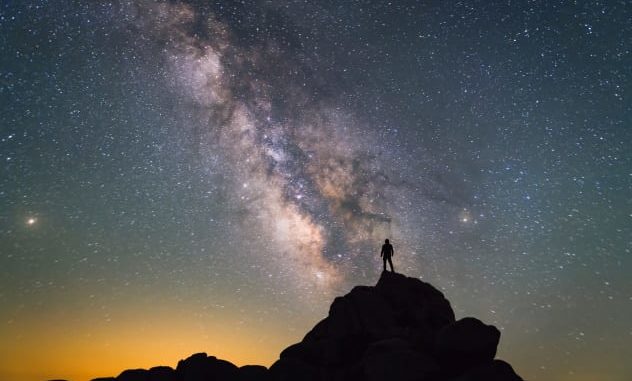
The defining characteristics of ‘The Sixth Extinction’ (Book by Elizabeth Kolbert) are very high — much higher than normal — extinction rates of multiple species. In the history of life, people have worked out what the normal extinction rate of species was. It was generally quite low. The defining characteristic of our time is extinction rates across pretty much all groups of organisms are way higher than normal — perhaps up to a thousand times higher.
How does a mass species extinction affect human life?
We are all products of the natural world — everything we eat literally emerges from photosynthesis. Our very oxygen is produced by the biological world. We are intimately connected with the natural world.
One possibility now is, we rip through different species, saying, oh, we don’t need this one or that one — but eventually, we will lose the one we do need, without even realising it. So, that is one reason to be extremely careful.
Another way to look at it is as an ethical issue — what even gives humanity the right to do in all these other species? At some point, if there are humans left to look back at this moment, they will say, we were really arrogant fools.
Which regions did you find the worst affected?
Australia has been called the extinction capital of the world. But there’s effort there to combat that. However, there’s also a lot of business as usual. That’s seen globally — there’s concern. But there’s also continuity, of the same things people know are causes of the problem.
In the developing world, one of the most alarming losses of biodiversity is in the tropical rainforests being cut down at a very high rate. Many people in Brazil and Indonesia are working on this. But the trend continues — everyone knows the source of the problem. Very few stop it.
If such extinction carries on, human beings could enter ‘an age of loneliness’. That’s EO Wilson’s phrase where he’s referring to this idea that humans will recklessly — and we are already doing a good job at eliminating our closest relatives, the great apes — rip through our fellow creatures. We will finally find ourselves alone. And no, we’re not going to like the impact of that.
It’s often felt that such degradation comes from a very male approach — would women have managed Earth with greater respect?
That’s an interesting question. Sadly, we can’t run history backwards, so we can’t know for sure. But women do bring a very different perspective. We are also 50% of the population and yes, we need to assert ourselves now.
Matter referenced:
Times of India, Ahmedabad, Saturday, 18th January, 2020 (Elizabeth Kolbert won the Pulitzer Prize in 2015 for her book ‘The Sixth Extinction: An Unnatural History’.).
By: Dr. Bhawana Asnani.
Happy to see Reviews, Additions, Suggestions and Comments, further.

Leave a Reply
You must be logged in to post a comment.